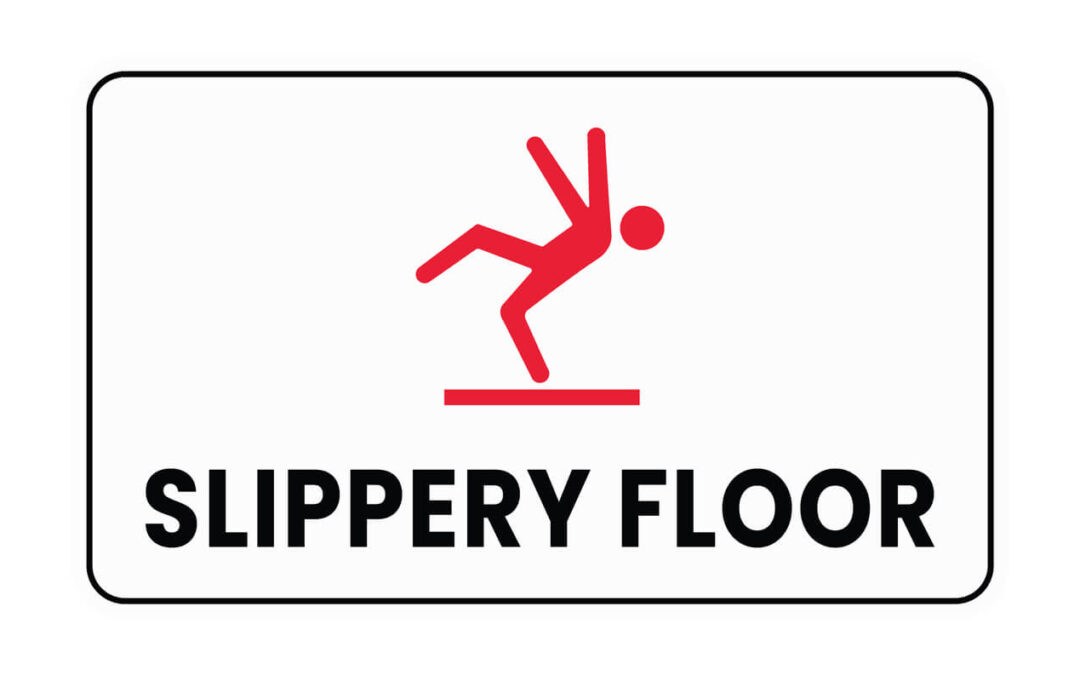Accidents on someone else’s property can lead to serious injuries, leaving victims with physical, emotional, and financial challenges. Premises liability cases arise when property owners fail to maintain a safe environment, and understanding the legal framework of these claims is essential to protecting your rights.
What Are Premises Liability Cases?
Premises liability cases are personal injury claims that occur when an individual is injured on another person’s property due to unsafe conditions. These cases can involve a variety of scenarios, including slip-and-fall accidents, inadequate security, dog bites, structural defects, or hazards like wet floors or broken stairs. Property owners, whether residential or commercial, have a legal responsibility to ensure their premises are reasonably safe for visitors. When they fail to uphold this duty, they can be held liable for injuries.
Key Factors That Determine Liability
Establishing liability in a premises liability case involves proving several key elements:
- Duty of Care. The property owner owed a duty of care to maintain a safe environment for lawful visitors.
- Hazardous Condition. There was a hazardous condition on the property that the owner knew about or should have reasonably known about.
- Causation. The hazardous condition directly caused the injury.
For instance, if a store owner fails to clean up a spill in a timely manner, and a customer slips and is injured, the owner may be liable if it can be shown that they were aware of the spill and did not take action to address it.
Types of Visitors and Their Impact on Claims
The legal obligations of property owners can vary depending on the status of the visitor. Visitors are typically classified as invitees, licensees, or trespassers.
Invitees: These are individuals invited onto the property for business purposes, such as customers in a store. Property owners owe invitees the highest duty of care, including regular inspections and prompt hazard mitigation.
Licensees: These are social guests or individuals on the property for non-business purposes. Property owners must warn licensees of known hazards that may not be obvious.
Trespassers: Property owners generally owe limited duties to trespassers but must avoid willful or wanton harm, such as intentionally creating dangers.
Understanding how visitor classification applies to your case is a crucial aspect of premises liability claims.
Challenges in Premises Liability Lawsuits
Premises liability cases can be complex, requiring extensive evidence to prove negligence and causation. Defendants often argue that the injured party was partially or fully at fault, citing failure to notice warnings or acting carelessly. Overcoming these challenges requires a detailed investigation, which may include gathering surveillance footage, maintenance records, eyewitness accounts, and expert testimony. Timing is critical, as evidence can degrade or disappear, making prompt legal action essential.
How McKinnon Law Can Help
When you’re injured on someone else’s property, navigating a premises liability claim can feel overwhelming. At McKinnon Law, we bring extensive experience and a tailored approach to every case, ensuring your unique circumstances are fully addressed. Based in Houston, our team is committed to fighting for your rights and securing the compensation you need to recover and move forward. From investigating the cause of your injury to negotiating with insurance companies, we handle every aspect of your case with professionalism and care. Trust McKinnon Law to stand by your side every step of the way. Let us help you pursue justice and hold property owners accountable for their negligence.

